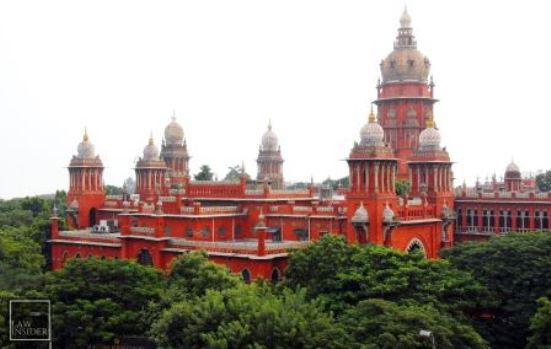Shivangi Prakash-
Madras High Court has stated that erecting cell phone towers to connect India across its length and breadth is an imperative necessity, particularly in light of the Covid-19 outbreak.
While ordering police to provide the required protection for the installation of cell phone towers, Justice G. Chandrashekharan remarked that, in the face of physical restrictions resulting from the pandemic, online education and training had become the norm.
The Court further noted, “We have been close to nearly for 16 months so far, due to the prevailing pandemic situation, not in a position to move, interact and do our regular business freely. The situation is that the students are being taught only through online education. Business transactions and official meetings are being held through video conferencing. The conduct of Court proceedings is being done through video conferencing. Therefore, the information and communication technology network must be expanded for meeting the growing need. Installation and erection of cell phone towers are one of the necessary steps to be taken.”
Also Read: All new Buildings should be Disabled-friendly: Madras HC
The District Collector had refused to issue an Order on M/s. ATC Telecom Infrastructure Private Limited’s application for authorization to install transmission cell phone towers, therefore the company went to the High Court.
According to the directives made in the case of SP Loganathan v. Secretary, Government, District Collectors must pass an Order within three weeks of the date of the application, following the rules laid down by the Madras High Court.
The Petitioner contended that the delay in deciding the application puts it in a difficult position, as it faces opposition from the community. As a result, it is unable to proceed with the construction of cell phone towers, which is urgently needed.
As a result, the Court ordered the District Collector to issue suitable orders on the petitioner’s motion, and the petitioner was given the freedom to make formal representations to the police for protection, if necessary.
Following receipt of such a representation, the Court ordered the police authorities to provide sufficient police protection, at the petitioner’s expense, if necessary.

